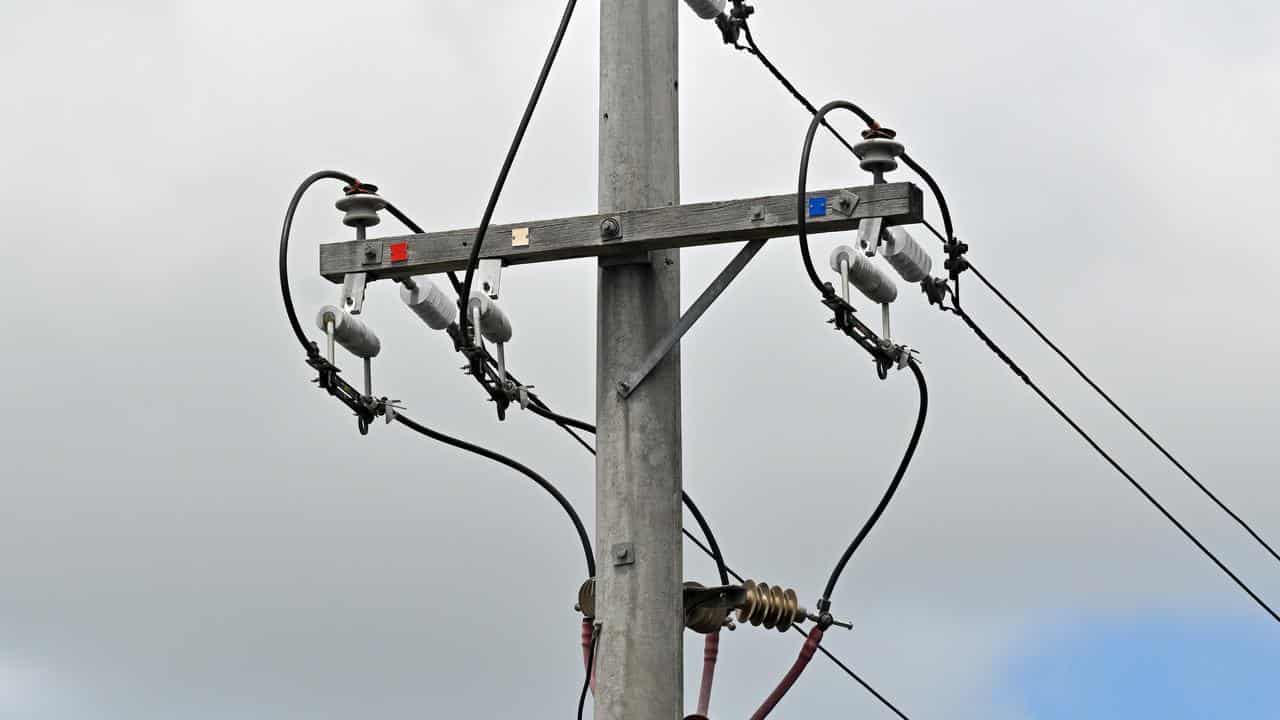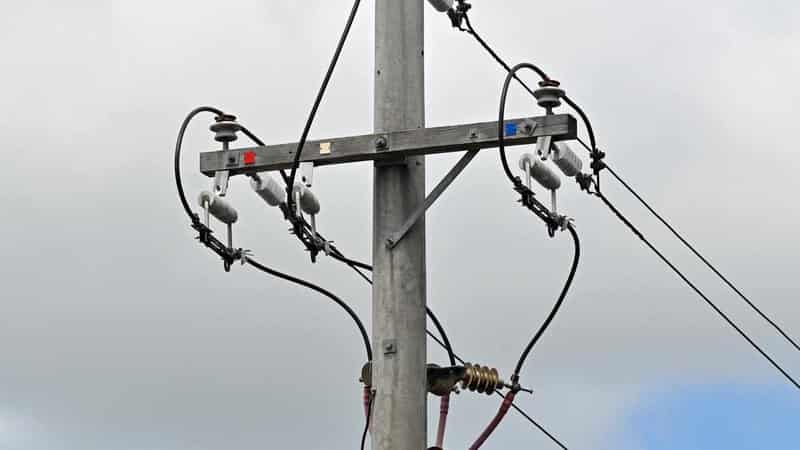
Workers overseeing large parts of the NSW energy network have walked off the job to demand a pay rise, threatening to add to maintenance times on critical power projects.
Members of the Electrical Trades Union (ETU) who work for generator TransGrid and distributor Endeavour Energy rallied at Parramatta Square in Sydney's west on Thursday amid inflation-driven cost-of-living pressures.
More than 1000 workers would walk off the job as part of the 24-hour protected industrial action, the union said.
“These privatised energy operators are raking it in, while workers’ pay has plummeted in real terms," ETU NSW/ACT secretary Allen Hicks said.
"Workers simply cannot afford to keep going backwards."
Maintenance backlogs would increase and operations at a TransGrid electricity interconnector would be disrupted as a result.
In a statement, Transgrid said its first priority was the safety of workers, the network and the community.
"We aim to achieve a timely resolution to the negotiations to ensure we can continue to deliver a safe, reliable and resilient energy system for consumers," the company said.
"We will continue to progress discussions in good faith towards finalising an agreement that is in the best interests of our people, customers and consumers."
But Mr Hicks said the industrial action would continue to ramp up until a new pay agreement was reached that recognised the surging cost of living.
He said wages have only increased by eight per cent at TransGrid and 10.5 per cent at Endeavour since 2019, while inflation was 18 per cent.
The union has accused the operators of taking a tight-fisted approach to worker pay while allowing corporate office costs to spiral.
TransGrid operates the NSW high-voltage transmission network and was privatised in 2015.
It is involved in several major infrastructure projects, including the construction of a 900km transmission line to connect the NSW, Victorian and South Australian grids.
Endeavour Energy handles electricity distribution for parts of western Sydney, as well as the Illawarra, Blue Mountains and Southern Highlands regions, and NSW south coast.
It was privatised in 2017, although the NSW government maintains a substantial stake.









